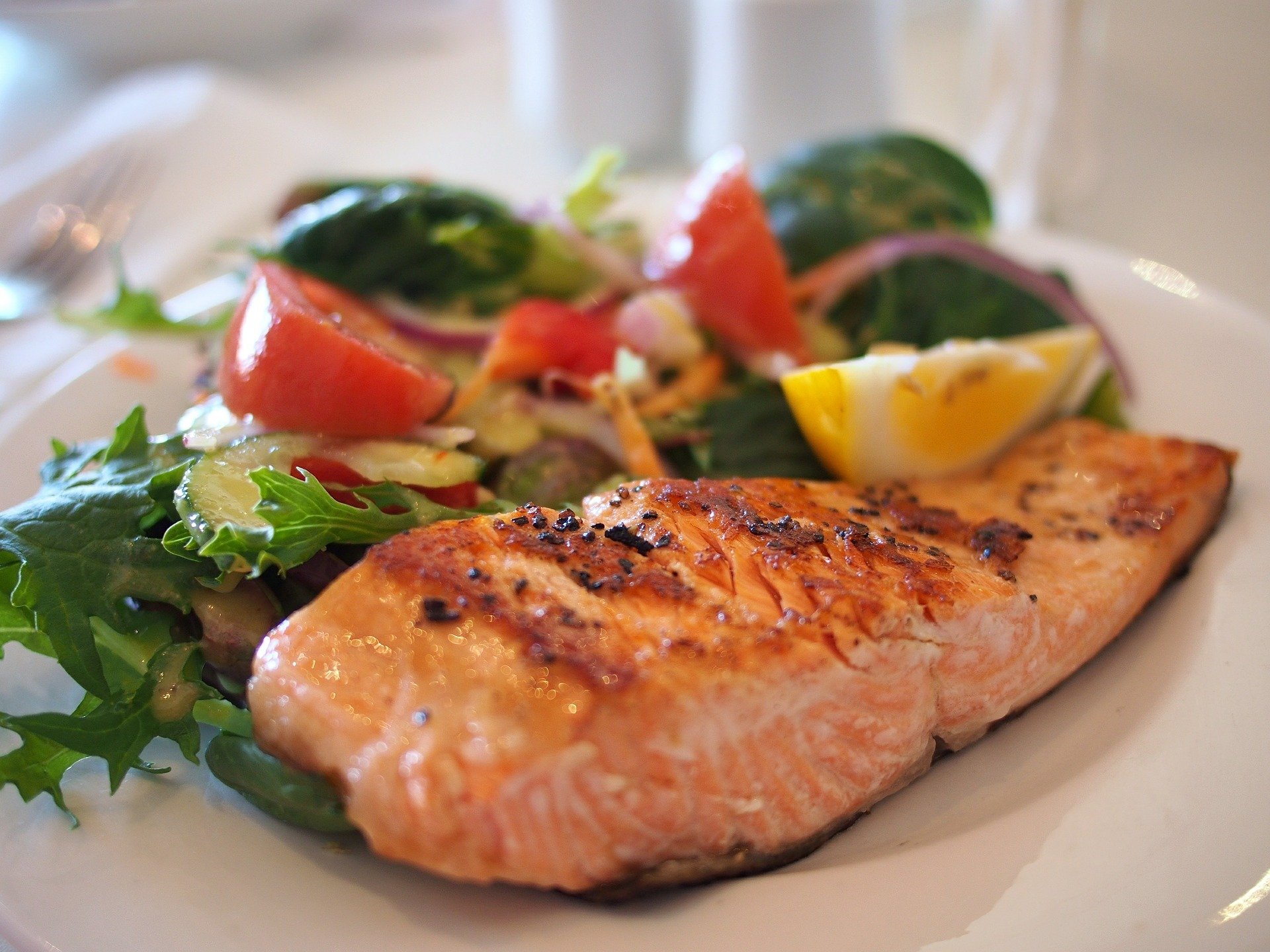Students, staff and faculty at Prince George’s post-secondary schools are eating more locally through the Feed BC program.
Both the University of Northern BC and the College of New Caledonia are involved in the initiative run by the Ministry of Agriculture, Food and Fisheries.
According to UNBC Director of Business Service Lisa Haslett, UNBC was one of the first post-secondary institutions to join an advisory committee for Feed BC.
Haslett says they work with a number of suppliers to buy foods from around BC, but they try to get as local as possible.
“In the Prince George area, we work with partners like North Roast Coffee, as an example, all of the coffee that’s served in our dining hall or in our catering program is supplied by North Roast Coffee,” Haslett explained.
“We’ve had a focus on local food for a few years, we do know that it’s important to our campus that local food is something that people would like to see us prioritize, students, staff and faculty really appreciate knowing where their food comes from.”
Haslett said there are some challenges with the program. One of those is that they feed a lot of people at UNBC, and they can have 300-400 people eating in their dining hall each day.
“Another challenge for us is that our period for heavy usage for food is between September and April, which isn’t really prime growing season in BC,” Haslett said.
She added recent supply chain issues have also caused challenges, but UNBC has grown from 20% local food purchases to 40% over the past couple of years.
The College of New Caledonia’s Executive Director of Marketing and Communications Mark Karjaluoto said being involved in the program is important to their campuses as well.
He added that they use many food products from local suppliers in their professional cooking program, as well as the Kodiak restaurant.
“We have another initiative that’s a little more ‘homegrown’. A few years ago, we received about $133,000 from Northern Development Initiative Trust and that allowed a dome greenhouse to be built at the Prince George campus.” Karjaluoto explained.
“We’ve been using that greenhouse for research purposes, but in the Summer of 2021, we worked with our professional cook program to keep that greenhouse growing tomatoes, peppers, cucumber, ground cherries, and other herbs. We used all of those ingredients via Kodiaks to help prepare food and help students understand that connection between growing locally and serving food right at the table.”
Feed BC partnerships are also in place with all of BC’s Health Authorities.
Something going on in the Prince George area you think people should know about?
Send us a news tip by emailing [email protected].






